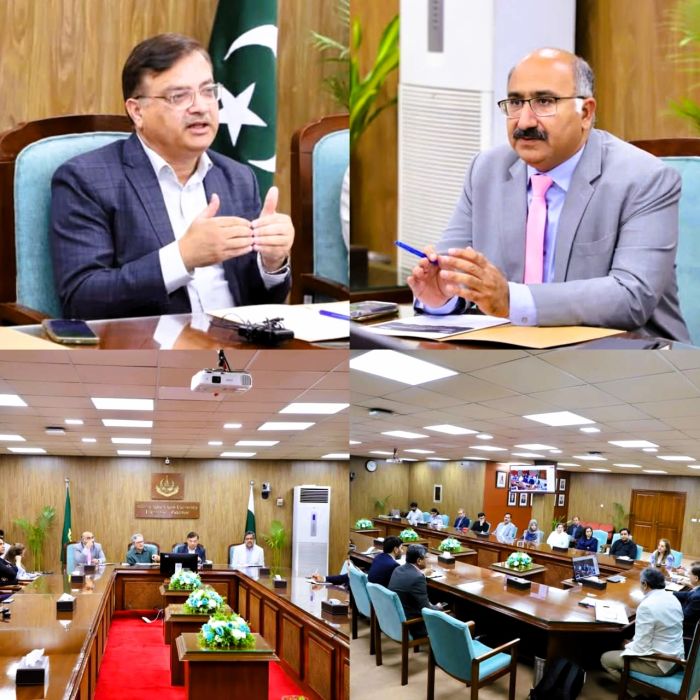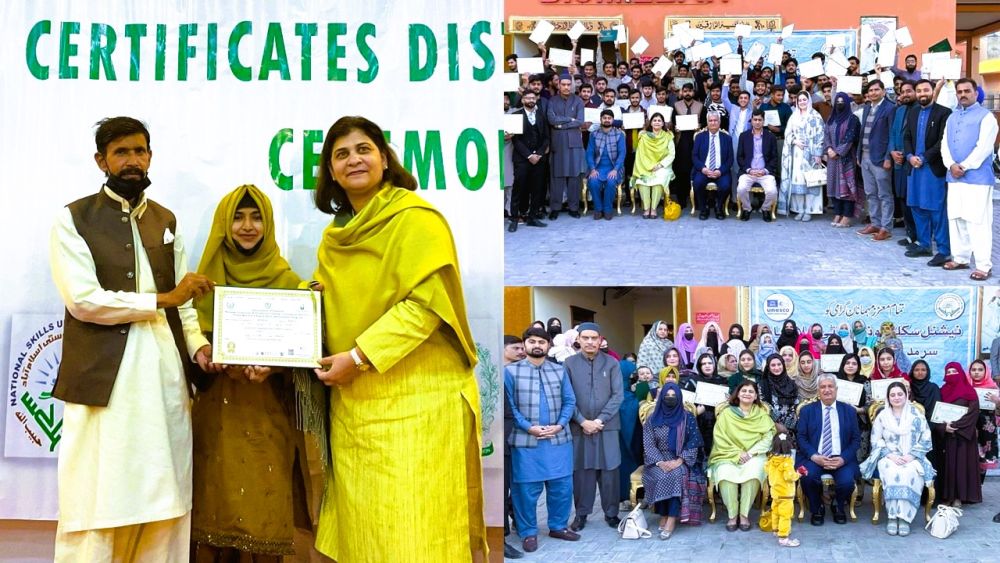75/25 Why Foundational Learning Related Skills Matters in Pakistan?
Posted 9 months ago
Continued estimates suggest that over 22 million children remain out of school in Pakistan. However, recent efforts led by the Pakistan Institute of Education (PIE) in collaboration with the Allama Iqbal Open University (AIOU) are the seminal seeds of an educational transformation that could significantly improve Pakistan's developmental trajectory.
Foundational learning, primarily focusing on literacy and numeracy skills in the early years, has long been recognized globally as the cornerstone of quality education. For Pakistan, a country navigating complex educational disparities across provinces and social classes, embedding a robust foundational learning assessment (FLA) system is no longer a choice; it is a necessity.
Before a child can tackle complex mathematical equations or write coherent essays, they must master basic numeracy and literacy. Alarmingly, Pakistan's Annual Status of Education Report (ASER) has persistently shown that many Grade 5 children cannot read a Grade 2-level text or solve simple arithmetic problems. This indicates a systemic failure to ensure that foundational learning goals are met in the early stages.
Such gaps are not just academic; they reflect deeper structural inefficiencies and inequities. Students who fail to attain foundational skills early on are likelier to drop out and less likely to contribute meaningfully to the economy. Hence, an evidence-based foundational learning assessment is vital for timely intervention and policy planning.
PIE and AIOU: Pioneers of a New Educational EthosThe Pakistan Institute of Education, a premier research and policy advisory body under the Ministry of Federal Education and Professional Training, has been instrumental in crafting a coherent national framework for foundational learning assessment. PIE is fostering a culture of evidence-led reform by creating standardized tools and aligning them with global benchmarks.
Simultaneously, the Allama Iqbal Open University, with its reach to marginalized communities through distance learning and regional campuses, is critically operationalizing these assessments at the grassroots level. AIOU's network allows for wide-scale implementation, capacity building of teachers, and awareness generation among communities, which are crucial for success.
Professor Dr. Muhammad Mukhtar, a renowned academic and founding Vice Chancellor of the National Skills University Islamabad, recently remarked:
"The partnership between PIE and AIOU heralds a new era for foundational education in Pakistan. It's a shining example of how research, policy, and outreach can be strategically aligned. We must ensure that the insights from these assessments directly shape teacher training, curriculum reforms, and school-level interventions."
Several experts in the country, including Prof. Mukhtar, believe that Pakistan's education ecosystem must evolve to respond effectively to the insights these assessments reveal. This involves:
- Teacher Preparation and Support: Equipping teachers with the pedagogical skills to address learning gaps is essential. Continuous professional development, mentoring, and monitoring can uplift classroom outcomes.
- Community Engagement: Parents and caregivers must be sensitized to the value of foundational learning. Local campaigns and community-based programs can bridge the school-home divide.
- Data-Driven Decision-Making: Assessment data must feed into district and provincial education plans. The government or philanthropic organizations should allocate targeted funding and resources to underperforming areas based on transparent indicators.
- Integration with the National Curriculum: The curriculum must be recalibrated to emphasize competency-based learning rather than rote memorization. Early-grade textbooks should be simplified and localized to reflect cultural relevance and linguistic diversity.





